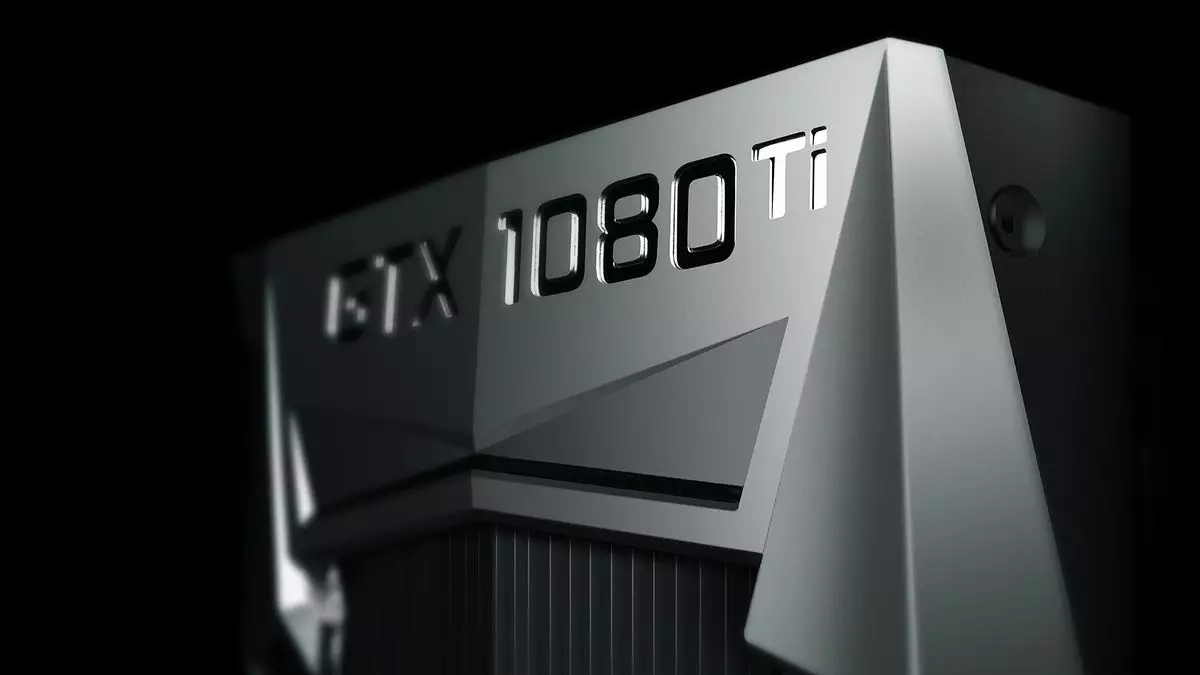The landscape of graphics processing technology is ever-evolving, with companies like Nvidia continually pushing the envelope to deliver enhanced features and performance. However, amidst this ongoing advancement comes a poignant reality: the gradual phase-out of older architectures. Recently announced updates to Nvidia’s CUDA Toolkit have revealed plans to deprecate support for the Maxwell and Pascal architectures, specifically the GTX 9 and 10-series graphics cards. This marks a significant turning point, as these cards have long been favorites among gamers and developers alike, heralding an era characterized by excellent price-to-performance ratios.
Nvidia’s CUDA Toolkit is central to how developers harness the power of GPU technology for application programming. With the release of update 12.8, Nvidia indicated in section 1.5.1—”Deprecated Architectures”—that support for both Maxwell and Pascal architectures has reached a “feature-complete” state, officially signaling that these architectures will no longer receive new development support in future updates. While Nvidia reassures users that GeForce driver updates will continue for these cards, the questions surrounding the timeline of these updates remain unanswered.
Historically, Nvidia has an established pattern regarding architecture support timelines. For instance, support for the Kepler architecture, which included the GTX 7-series, began its phase-out in late 2019. This blend of historical precedence provides some clarity on what users of the Maxwell and Pascal architectures might expect over the next few years.
Undoubtedly, the GTX 9 and 10-series cards have left an indelible mark on the gaming community. Cards like the GTX 970 and 980 Ti are often lauded as benchmarks for delivering exceptional gaming experiences without breaking the bank. Their ability to handle modern games adequately, albeit with some adjustments to settings, has allowed them to maintain relevance even several years after their initial launch. Notably, the GTX 1060 continued to be the most popular GPU within Steam’s Hardware Survey as late as March 2022, a striking testament to its lasting appeal.
Furthermore, the GTX 970 has recently been highlighted as the minimum specification GPU for Dragon Age: The Veilguard, illustrating that even a decade after its release, these older cards can still meet the demands of new AAA titles. Within the December Steam Hardware Survey, the combined usage share of Maxwell and Pascal architectures stood at an impressive 10.75%, underscoring the substantial user base still reliant on these legacy systems.
While farewell announcements for older architectures may elicit concern among users, it is essential to assess potential timelines realistically based on Nvidia’s past behavior. The deprecation of CUDA support for the Kepler architecture came with a two-year window for the final driver releases. Those who currently wield a Maxwell or Pascal GPU can likely anticipate a similar or extended support life, considering the strong user base and the need for ongoing driver support.
Despite the arrival of newer, AI-driven graphic card architectures, the legacy of the GTX 9 and 10-series lies in their significant value proposition for users. For example, the GTX 980 Ti remains unparalleled among consumer graphics cards, particularly for enthusiasts still reliant on legacy CRT technology, a niche but passionate segment of the gaming community.
As the industry transitions towards the next generation of graphics processing technologies, Nvidia’s decision to phase out support for the Maxwell and Pascal architectures highlights the inevitability of technology cycles. Fortunately, this transition does not signify the end of usability for these cards, as many gamers will continue to get substantial mileage from them in the interim. With clever solutions and adapters available, including those from companies like StarTech, users can extend the life and functionality of their legacy hardware, mitigating concerns over obsolescence.
For gamers and developers alike, the implications of architectural changes underscore the importance of staying current with industry trends. The decision by Nvidia reinforces the need for users to regularly evaluate their hardware choices while remaining informed about the support landscape in the ever-shifting tech ecosystem. While Maxwell and Pascal cards might be fading into the annals of technology history, they will undoubtedly be remembered fondly by generations of gamers.

